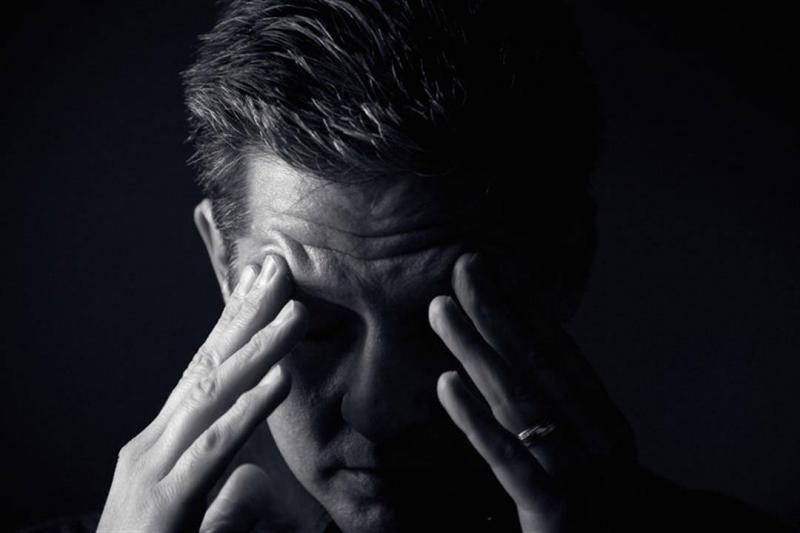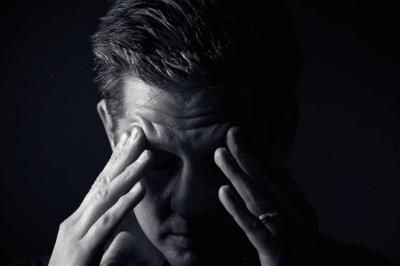Religion has often been a source of comfort and psychological support for believers, and it is frequently stated that faith provides us with something to turn to when we feel discouraged by everything else in life. Now, a new study has explored the complex relationship between religious practices and mental health. Researchers from Westmont College found that attending religious services helps people fend off or avoid depression.
Unfortunately, not all study findings follow this positive trend. The study’s authors note that both "transformative spiritual experiences" and belief in "divine guidance and angelic protection" are linked to an increased risk of depression, particularly among men. During the study, researchers tracked over 12,000 American teenagers from adolescence into early adulthood. These individuals were recruited for the study while they were in high school during the realistic period between 1994 and 1995. The lead author of the study, Dr. Blake Victor, an associate professor of sociology, stated: "Much research on religion and depression focuses on attendance at religious services and other commonly studied variables like prayer or personal religiosity. However, questions about spiritual experiences and faith in divine guidance are rare in such large studies, so this is a great opportunity to add nuance to what we know about the relationship between religion and mental health."
Is there a real relationship between religion and depression? In addition to questioning the general levels of religious faith and how often people typically attend group religious services or pray, researchers posed a series of questions aimed at measuring each person's expectation of experiencing tangible divine intervention and guidance in their lives. Some of the questions and data presented included: -Would you say you have been "born again" or experienced a "new awakening"? -Angels are present to help watch over me (Agree / Disagree)? -What seems like coincidence in my life is not just coincidence; I am "spiritually guided" (Agree / Disagree)? -Have you had a religious or spiritual experience that changed your life?
As much as belief in divine intervention and angelic protection seems to ultimately produce feelings of depression, the researchers have two theories. The first is that individuals who are more prone to depression initially are more likely to seek out God in daily life events. Kent questions, "But what if the religious environment or beliefs themselves are the sources of depressive symptoms?" The researchers define "religious environments driven by experience" as churches and religious communities that not only normalize divine interactions but also instruct their congregants to expect such experiences. Kent explains, "Those who struggle to establish an emotional connection with God may face lasting disappointment even though they work hard to listen to God and feel led by Him. They may wonder whether God has forsaken them and why they do not feel God's presence like others."
Do men find it more difficult to believe? The study concludes that men are more likely to experience religion-linked depression than women, especially considering that women, in general, are more susceptible to depression than men. Kent notes, "We already know that women in the U.S. are more religious than men and tend to feel more connected in their lives to God and religion, which is very good. In contrast, men tend to try to handle things on their own a bit more. This study suggests that when men have a spiritual awakening or seek divine assistance, it may be due to a deepening of their depression or feelings of being let down by God."




